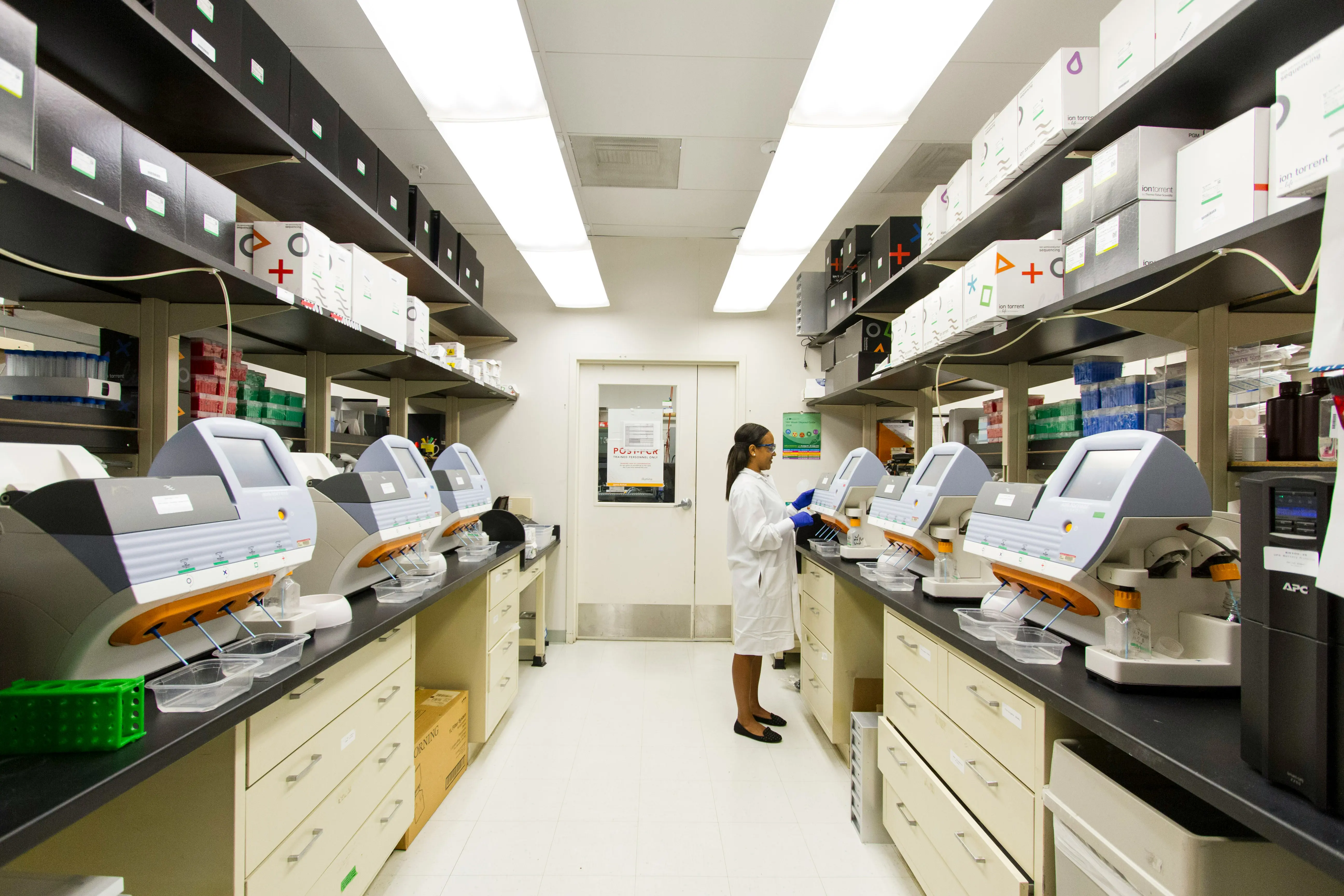The Crucial Need To Preserve Scientific Funding In America

Amid the vast expanse of the Southern California night sky, astrophysicists like NASA's James Webb Space Telescope have made revolutionary discoveries about the formation of galaxies over 13 billion years. Yet, despite these achievements, the future of American science is at risk due to significant funding cuts proposed by the Trump administration.
These cuts, including a 34% reduction in basic research funding and a drastic decrease in NASA's budget, threaten to halt numerous scientific missions and projects. The National Science Foundation (NSF) is also experiencing funding reductions, which affects support for promising graduate students.
Scientists argue that investment in science is not just about immediate economic growth but about understanding the natural world. For instance, wildfires in Los Angeles and floods in Texas highlight the importance of scientific research in addressing environmental challenges.
The benefits of science aren't always immediate. While discoveries like Einstein's theory of relativity took decades to impact technology, such as GPS, the journey of exploration and understanding is invaluable. Government investment is crucial in building the infrastructure needed for scientific advancements.
Despite the significant costs associated with scientific projects, like the James Webb Space Telescope, these investments account for a small fraction of national spending. Yet, they yield enormous benefits in terms of innovation and global prestige.
However, the current budgetary approach risks stifling the next generation of scientists and their potential breakthroughs. By relinquishing leadership in scientific research, America risks losing both the answers to fundamental questions and the associated rewards.